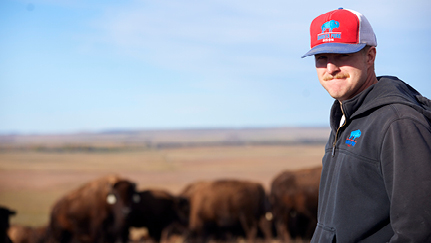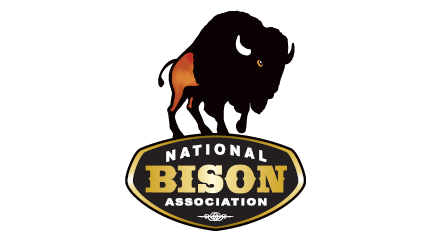They’re synonymous with the vast landscape of the central and western U.S., where they’ve for centuries been a critical piece of the prairie ecosystem. But bison are a lot more than that at Dakota Pure Bison. For the Assman and Heim families in south-central South Dakota, the animals are synonymous with innovation and diversification.
The Assman family's journey from cattle ranching to bison farming exemplifies the potential for cattle ranchers with the right assets to diversify into bison production and direct-to-consumer sales. Fourth-generation rancher Scott Assman has helped transform his family's registered Angus commercial cow-calf operation into a bison operation and create Dakota Pure Bison.
“We saw bison as something different to weather the ups and downs of the cattle market and help us be a little more self-sustaining,” Scott said. “We shipped our first box of meat out of our garage in July 2020. We landed some wholesale accounts and saw how much demand there was.”
Today, Dakota Pure Bison is a thriving business that now sells directly to consumers across 48 states. The Assman family works alongside neighbors in Todd County, South Dakota, the Heim family, to operate the business that now includes bison meat processing and sales of a range of products.
Investing in a processing plant revolutionized supply chain operations
Those early sales eclipsed the families’ expectations. So, Scott and the Dakota Pure Bison team purchased a processing plant in Rapid City, South Dakota, later that year. This next step enabled them to control another big link in their supply chain and market direct to consumers around the country. It was among the biggest challenges in evolving the business to its current state. But Scott said it has paid off and was made possible by the right team with a shared innovative mindset.
“Until you actually start operating a processing plant, you don’t realize that it’s a completely different business,” Scott said. “We’re blessed to have a team with good people and great employees to make it all work.”

